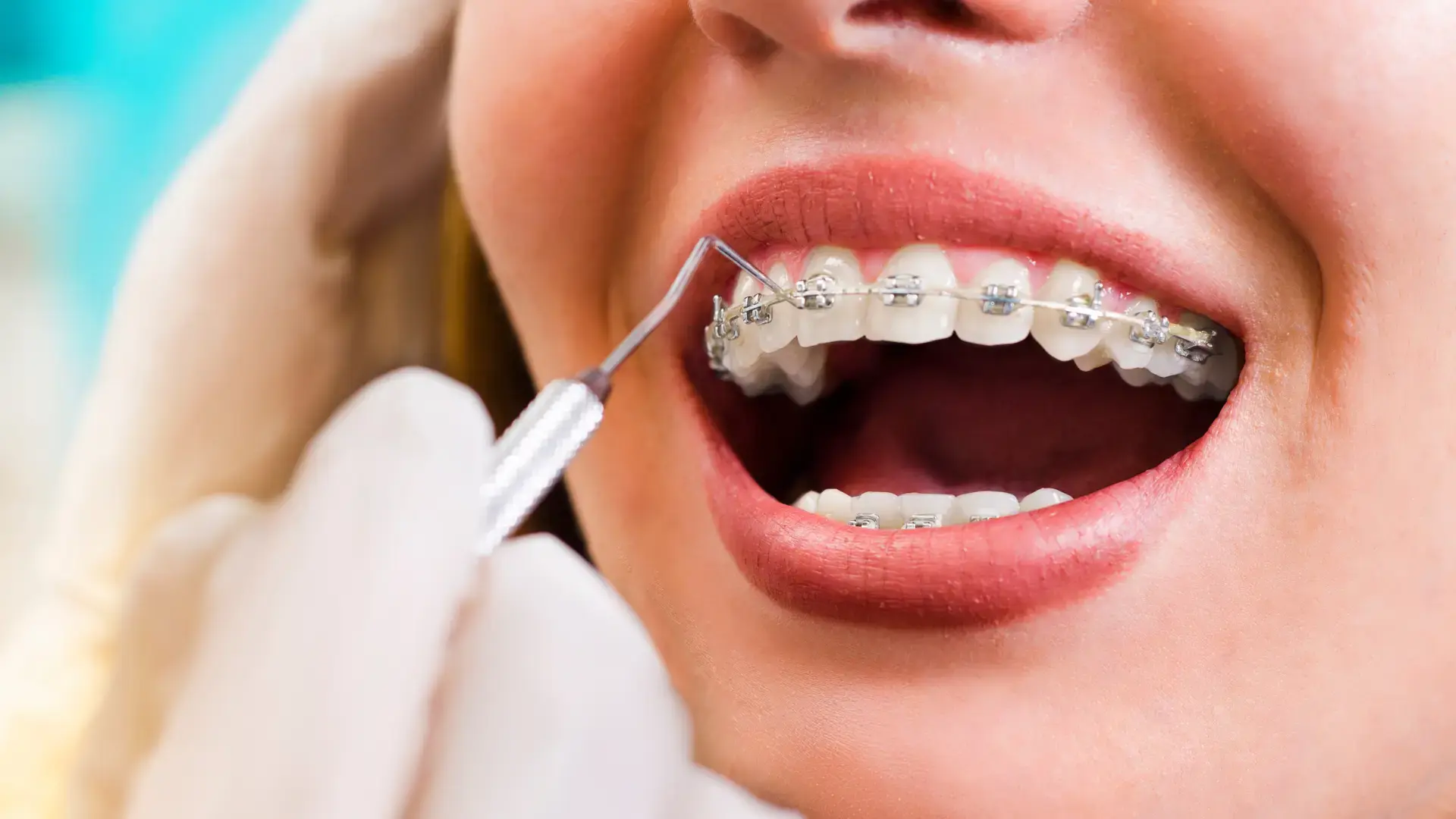Oral Surgery Explained: What to Expect After Wisdom Tooth Removal

Summarize with AI
Many people need wisdom teeth removed to prevent future dental issues and maintain overall oral health. Understanding the recovery process and following your dentist’s care instructions after the procedure will help ensure a smooth and speedy recovery.
Day 1 of Recovery
On the first day after wisdom teeth removal, you can expect some discomfort and swelling around the extraction sites. It’s normal to experience bleeding, which can be controlled by gently biting down on gauze pads. You may feel groggy from the anesthesia, so it’s important to rest and avoid any strenuous activities. Stick to soft, cool foods and liquids, avoiding hot beverages, straws, and solid foods that could irritate the surgical areas. Apply ice packs to your cheeks in 20-minute intervals to help reduce swelling. Take any prescribed pain medications or over-the-counter pain relievers as directed by your dentist. Remember to follow your post-operative care instructions carefully, including rinsing with salt water and avoiding brushing near the extraction sites for the first 24 hours.
Common symptoms include:
- Pain and discomfort
- Swelling of the cheeks and jaw
- Bleeding from the extraction sites
- Numbness or tingling in the mouth and lips (from anesthesia)
- Difficulty opening the mouth fully
- Grogginess or drowsiness (from anesthesia or pain medication)
- Nausea (possibly from anesthesia or swallowed blood)
- Slight fever
- Bruising of the cheeks (may begin to appear)
- Stiffness in the jaw muscles
- Difficulty swallowing
- Bad breath
Day 2-4 of Recovery
During days 2-4 of recovery after wisdom teeth removal, you’ll likely experience a gradual improvement in symptoms. Swelling typically peaks around day 3 before starting to subside. Pain and discomfort should begin to lessen, though you may still need pain medication. Bleeding should have mostly stopped, but mild oozing might persist. You may notice some bruising on your cheeks, which is normal. Your jaw might still feel stiff, making it difficult to open your mouth fully. Continue with a soft food diet and avoid strenuous activities. Gentle salt water rinses can be started 24 hours after surgery to help keep the extraction sites clean. By day 4, you should start feeling noticeably better, though complete healing will take more time.
Day 5-14 of Recovery
During days 5-14 of recovery after wisdom teeth removal, you’ll notice a significant improvement in your overall comfort and ability to function. Pain and swelling should continue to decrease, and you may be able to reduce or stop pain medication use. Bruising, if present, will start to fade. You should be able to open your mouth more easily, though some stiffness may persist. Your diet can gradually expand to include softer solid foods as you feel comfortable but continue to avoid hard, crunchy, or spicy items that could irritate the extraction sites.
Around the one-week mark, continue with gentle salt water rinses and resume normal, careful brushing and flossing, being cautious around the surgical areas. By the end of the second week, most patients feel close to normal, though complete healing of the socket can take several more weeks. If stitches were used, your dentist may dissolve or remove them during this period. Always follow your dentist’s specific instructions and attend any scheduled follow-up appointments to ensure proper healing.
Signs to Look Out for During Recovery
While most patients experience a smooth recovery after wisdom teeth removal, there are certain signs that may indicate complications or issues requiring medical attention. If you notice any of the following symptoms during your recovery period, it’s important to contact your oral surgeon or dentist promptly:
- Excessive bleeding that doesn’t stop with applied pressure
- Severe pain not controlled by prescribed pain medication
- Swelling that worsens after 3-4 days
- Fever over 101°F (38.3°C)
- Difficulty breathing or swallowing
- Persistent numbness or loss of feeling
- Oozing pus from the extraction site
- Foul taste or odor in the mouth that doesn’t improve with salt water rinses
- Visible bone in the extraction site
- Dry socket symptoms (intense pain 3-4 days after surgery)
- Signs of infection (increased redness, warmth, or swelling)
- Persistent nausea or vomiting
- Allergic reactions to prescribed medications
- Bleeding or oozing that lasts more than 24 hours
- Pain that suddenly worsens days after initial improvement
Frequently Asked Questions Regarding Wisdom Tooth Removal Surgery
At Gentle Dental, we’re here to answer all your questions about wisdom teeth removal, ensuring you feel informed and at ease throughout the process.
How Many Days Should I Take Off For Wisdom Teeth Recovery?
Most people need to take 3-4 days off for wisdom teeth recovery, including the day of surgery. However, this can vary depending on the complexity of your extraction and your individual healing process. If your job involves physical labor or public speaking, you might need to take up to a week off to ensure proper healing and comfort.
What Is The Most Painful Day Of Wisdom Teeth Removal?
The most painful day is typically the second or third day after the surgery. This is when the local anesthesia has completely worn off, and swelling reaches its peak. After this point, pain and discomfort should gradually decrease as healing progresses.
Is 3 Days Enough To Recover From Wisdom Teeth Removal?
For many people, 3 days is sufficient to recover enough to return to work or school, especially if the extraction was straightforward. However, full recovery takes longer, and you may still experience some discomfort and limitations after 3 days. It’s important to listen to your body and follow your dentist’s advice about when to resume normal activities.
How Long Does Wisdom Teeth Removal Take?
The actual wisdom teeth removal procedure typically takes about 30-60 minutes, depending on the number of teeth being removed and their complexity. However, you should plan for the entire appointment to last 1-2 hours, including preparation, anesthesia administration, the surgery itself, and initial recovery time in the office.
Are You In Need of Wisdom Teeth Removal—Reach Out to Our Local Dentists Today!
Take the stress out of wisdom teeth removal by visiting a Gentle Dental dentist nearest you, where expert care meets compassionate comfort. Book your appointment today to start on the path to a healthier smile!


